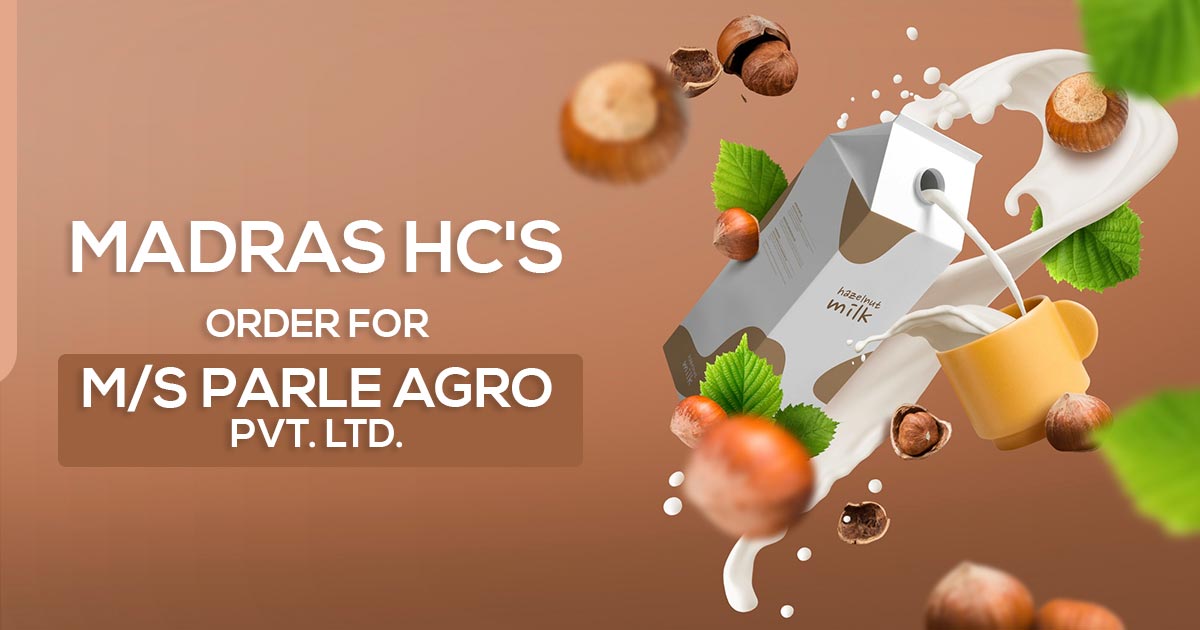
The Madras High Court ruled that the GST Council doesn’t have the authority to determine the classification of flavoured milk while providing relief to Parle Agro regarding its taxability.
In a recent judgment, a single judge bench declared that flavoured milk should be subject to a 5 percent GST rate. This contrasts with the GST Council’s previous classification of ‘flavoured milk‘ under HSN Code 2202 during its meeting on December 22, 2018, which imposed a 12 percent GST rate.
The key question revolved around whether it fell under the category of ‘beverage containing milk’ (HS Code 2202, GST rate 12 percent) or ‘Milk and Cream’ (Chapter 0402, GST rate 5 percent).
Justice C. Saravanan’s bench stated, “The GST Council’s recommendation was incorrect. Additionally, it lacks the authority to determine the classification, which is beyond its scope.” The bench highlighted that the classification should have been independently determined by the Assessing Officer. “The responsibility lies with the Government to set the appropriate rate for goods falling under the Customs Tariff Act, 1975,” they further emphasized.
The bench referenced the Supreme Court decision in the Mohit Minerals case. The apex court had noted that the suggestions made by the GST Council are not obligatory for both the Union and states. The alteration in the Constitution Amendment Act 2016, specifically the removal of Article 279B and the addition of Article 279(1), signifies Parliament’s intent for the GST Council’s recommendations to carry persuasive weight.
This intention becomes clearer “when considered in light of the GST regime’s aim to promote cooperative federalism and unity among the constituent units,” as stated in the apex court’s ruling.
Meanwhile, regarding flavoured milk, the Madras High Court’s single-judge bench noted that the term must inherently contain alcohol of specified strength. Thus, ‘flavoured milk’ derived from dairy milk of milch cattle or dairy animals cannot fall within Chapter 22. Applying the principle of ‘Nosciter – a sociss’ (where words derive meaning from associated words), the court concluded that the phrase ‘Beverage Containing Milk’ can only encompass beverages with plant or seed-based milk, incidentally containing specified-strength alcohol. Examples include coconut milk, almond milk, peanut milk, lupin milk, hazelnut milk, pistachio milk, walnut milk, sesame milk, and flax milk.
The bench deemed the notifications under the former Central Excise Act, 1944, classifying ‘Flavored Milk’ as ‘Beverage Containing Milk’ as ‘erroneous.’ Merely because these classifications were unchallenged by assessees due to their beneficial nature doesn’t render them correct. Additionally, the bench clarified that classifications under the previous indirect tax regime, specifically excise, hold no relevance in determining the accurate classification under the new GST regime.
“I opine that the ‘Flavored Milk’ proposed by the petitioner at the time of filing the Writ Petition should still be classified under Tariff Heading 0402 of the Customs Tariff Act, 1974, and is hence subject to Central Tax at 2.5 percent (5 percent after adding SGST at 2.5 percent) per Entry 8 in the First Schedule to Notification No.1/2017-CT(Rate) dated 28.06.2017,” stated the bench.
However, the Central Government retains the authority to adjust the rate either based on the GST Council’s recommendation or independently.
| Case Title | M/s.Parle Agro Pvt. Ltd. Vs Union of India |
| Citation | W.P.Nos.16608 & 16613 of 2020 |
| Date | 31.10.2023 |
| For Petitioner | Mr.Vijay Narayan, Mr Rahul Unnikrishnan |
| Madras High Court | Read Order |